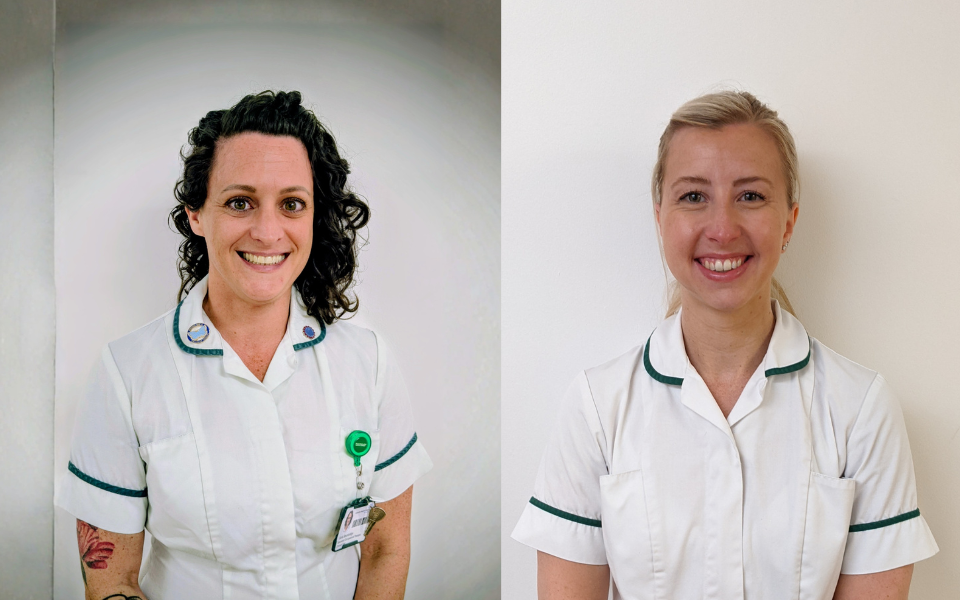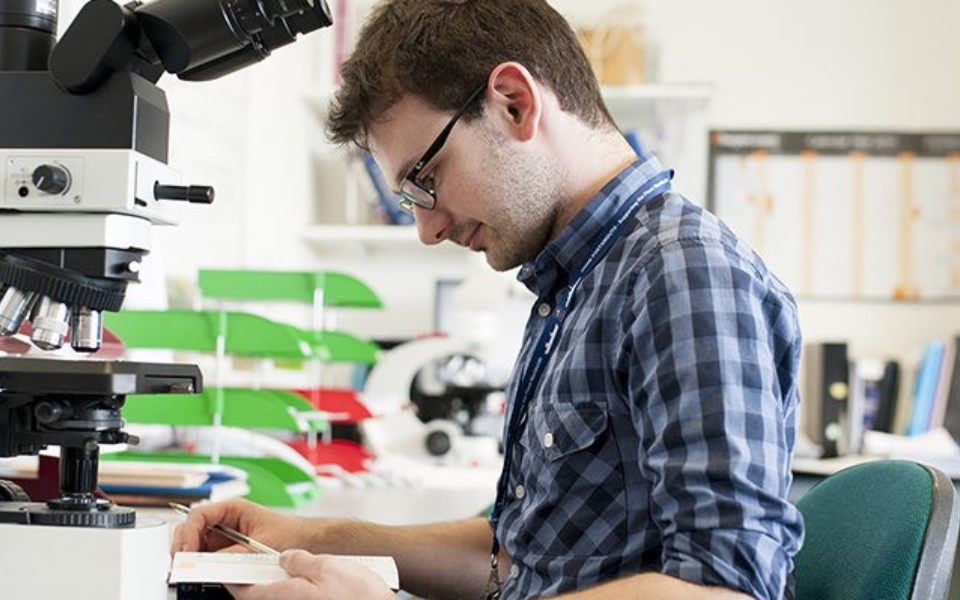
Medical
Behind the Microscope: Q&A with Matthew Evans
Meet Matthew Evans, Consultant Cellular Pathologist at UHS.
What is it like working in the Pathology department at UHS?
The UHS Histopathology Department is made up of a large team of pathologists and scientific staff. In spite of its size, the team is very friendly and supportive; since I arrived, my colleagues have made me feel extremely welcome and I have never had any concerns about seeking help from anybody, no matter how silly the query! The department receives referrals from all over the region and so we frequently see challenging and complex cases; there is very much a team approach to these cases, with most of the team coming together to work on the case together which makes the challenge extremely enjoyable.
When did you join UHS? What made you choose this NHS Trust?
The UHS Histopathology Department is rare in having on-site access to all the platforms required to perform all the companion diagnostic tests required for cancers; the on-site molecular pathology department is also part of Central and South GLH. So, few departments in the UK can provide all this testing locally and - with this being my main interest - UHS was a natural choice.
What areas of Pathology do you specialise in? Are you able to focus on your preferred specialities at UHS?
I applied for this position stating that my special interests were thoracic, gynaecological and molecular pathology, and these were exactly the specialities which the clinical lead team put into my job plan. The method of workload distribution means that the balance of work between my specialties is approximately as per my job plan. I have dedicated time to my job plan for molecular pathology.
Are they chances to progress and develop your skills?
While at UHS, I have been supported in taking on an extra role as Pathology Lead for the Central and South GLH. This has involved having to shift work around to be able to attend fairly frequent meetings outside the region; my colleagues have without exception been incredibly supportive and understanding in adjusting rotas to allow me to do this. Everybody in the department has their own special interests, and there is a sense that we all owe it to our colleagues to make reasonable adjustments to facilitate those interests.
What are the facilities like within the Pathology department?
I have my own office and a new microscope was ordered for me when I arrived in the department. All consultant PCs have recently been replaced and we now have all the kit needed to start reporting digitally. I have also been provided with extra equipment to allow us some degree of home working in the future.
Have you been given the opportunity to provide teaching?
There are many opportunities for teaching. There is a regular black box session with the trainees, as well as an autopsy and molecular forum for trainees to discuss interesting cases with consultants. Most of us also participate in the regional teaching programme. Aside from that, on a roughly monthly basis, I provide teaching to scientific or clinical colleagues. Being at a large centre with a reputation for being able to provide extensive testing has also meant that I have been invited to provide regular teaching and training for the industry. There are also plentiful opportunities to provide teaching for undergraduates but, frankly, there has been so much opportunity for teaching elsewhere that I haven't even looked into this yet!
Related Blogs
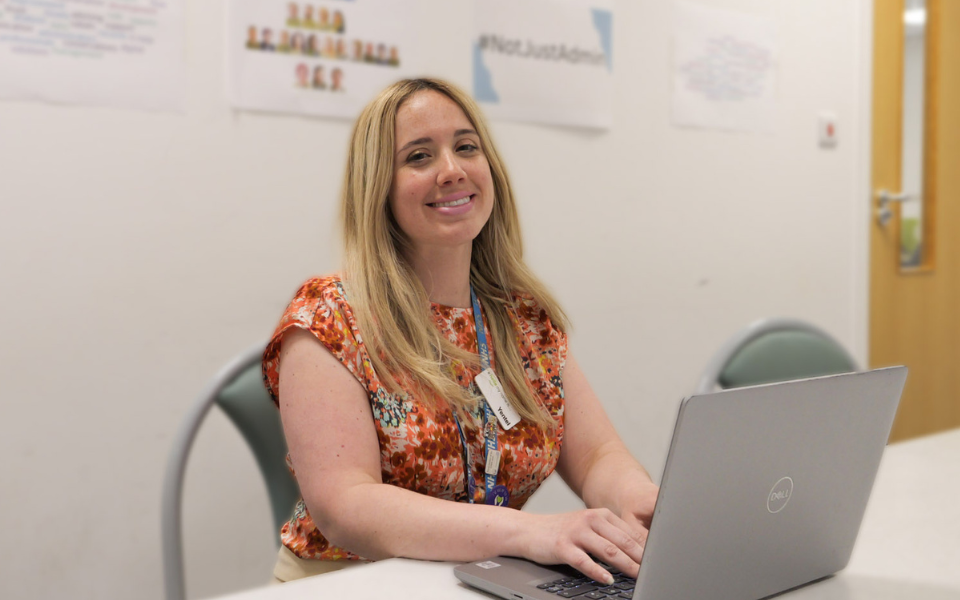
From Sports Coach to NHS Innovator: How Yentel Found Purpose at UHS
More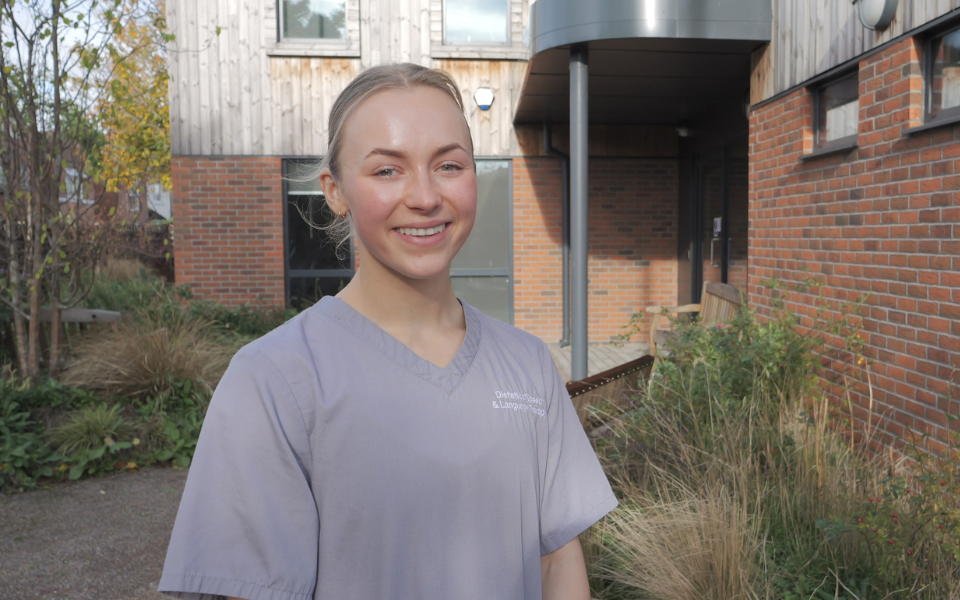
Supporting Newly Qualified Professionals: The Impact of Preceptorship at UHS – Goda’s Story
More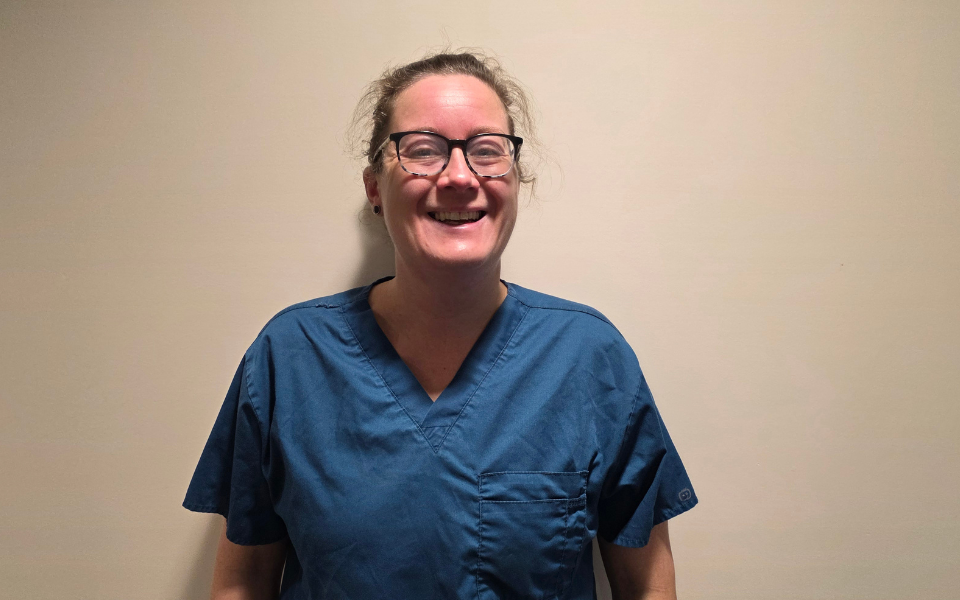
From Childhood Dream to NHS Specialist: Lizzi’s Journey in Pharmacy
More